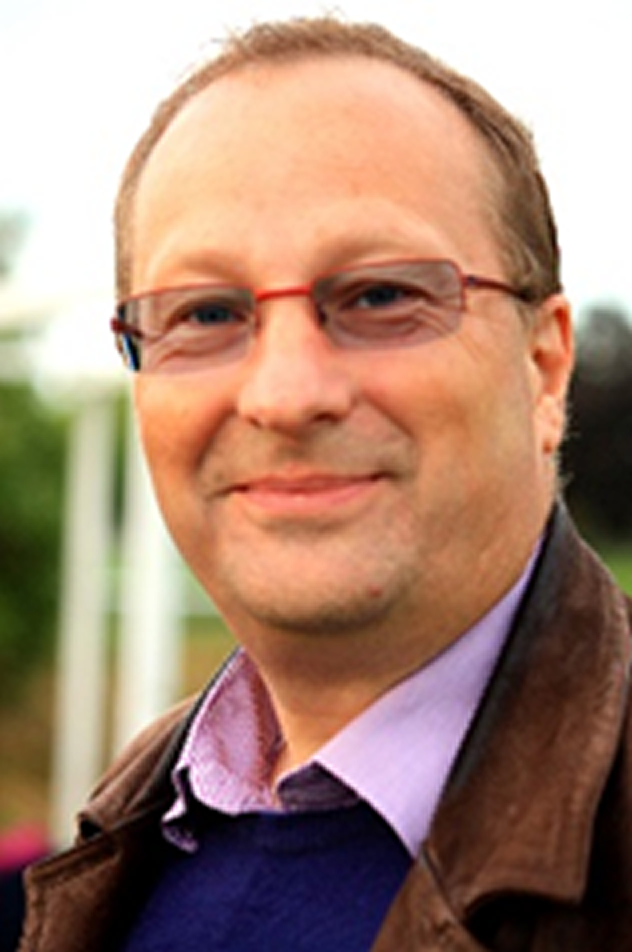The seminar is open to students and researchers who are interested in interdisciplinary work on antimicrobial resistance (AMR), but requires registration.
Please register by Sunday May 7th, 2023.
We encourage all to join us in person. A Zoom link will be shared with registered participants before the event, for those who are unable to meet physically.
About the seminar
The traditional separation between scientific disciplines has for long maintained a distinction between what is considered the ‘natural’ and the ‘social’. But, in recent decades, both the natural and social sciences have grappled with questions that challenge this separation. Anthropologists and biologists have for instance shown how ‘health’ and ‘environment’ are entangled in ways that move their relationship beyond interdependence to one of inseparability.
What does this ‘deseparation’ of the biological and social mean to studies of antimicrobial resistance (AMR)? How does looking at AMR as a ‘biosocial’ problem challenge the ways that we are currently dealing with drug-resistant infections and antimicrobial use? Is there a need for a paradigm shift?

In this INFRA network seminar, we are joined by Professor Jens Seeberg from the Department of Anthropology at Aarhus University. Seeberg works in the field of anthropology of global health and antimicrobial resistance, and in his research, he works on developing a biosocial approach to global health problems. He is particularly concerned with the development of antibiotic resistance as a result of the way we have globally organised both the production and use of antibiotics for the prevention and treatment of bacterial infections.
Seeberg’s empirical work has focused on multi-drug resistant tuberculosis in India. Tuberculosis is a disease that biomedicine in principle has been able to treat effectively for decades, but which about a quarter of humanity nevertheless carries because the biosocial dynamics that lead to its spread cannot be managed by drugs alone. Seeberg’s work shows that while it is important to ensure access to treatment, too narrow a focus on medical treatment has so far had the effect of allowing multi-drug resistant TB to proliferate. He therefore argues that new and interdisciplinary insights are needed that may eventually lead to a paradigm shift in the management of infections and the use of antibiotics: a biosocial approach is one possible proposal for such a paradigm shift.
Seeberg is one of the editors behind the book Biosocial Worlds. Anthropology of health environments beyond determinism, published in 2020.
Programme
12:45 – 13:00 Arrival and coffee
13:00 – 13:15 Welcome and introduction
Information about the new Sustainable Health Unit (SUSTAINIT) at UiO
Jens Petter Berg, Professor and Head of The Centre for Pandemic and One-Health Research (P1H) at SUSTAINIT
13:15 – 13:45
Biosocial Dynamics of AMR and Multi-Drug Resistant Tuberculosis in India
Jens Seeberg, Professor, Department of Anthropology, Aarhus University
13:45 – 14:15 Comments, discussion, Q & A
Main discussant: Carolina Borges Rau Steuernagel, Medical Doctor and Postdoctoral Fellow, Department of Behavioural Medicine, UiO
14:15 – 14:30 Coffee break
Glimpses of education and research in the network:
14:30 – 14:50
Antibiotics as protectors, tools for care and optimizing production among farmers: Ethnographic Insights from Moshi, Tanzania
Alex Muriithi Gateri, Doctoral Research Fellow, Department of Community Medicine and Global Health
14:50 – 15:10
New projects at The Antibiotic Centre for Primary Care (ASP) in Norway
Sigurd Høye, Associate Professor and Leader of ASP
15:10 - 15:30
Experiences from the FutureLearn Online Course Exploring the Landscape of Antibiotic Resistance in Microbiomes
Fernanda Cristina Petersen, Professor, Institute of Oral Biology, Faculty of Dentistry
15:30 - 15:50
Sociocultural and institutional determinants of "prudent" prescription of antibiotics: experiences from a public community health clinic in North India
Rashmi Surial, researcher in the EquityAMR project
Sundeep Sahay, Professor at SHE
15:50 - 16:00
Closing remarks
About the network
This seminar is organized by the Interdisciplinary Forum for Research on Antimicrobial Resistance (INFRA). INFRA is a network for students and researchers, which aims to advance and strengthen interdisciplinary collaboration, education, and research on antimicrobial and antibiotic resistance at the University of Oslo.
The network is part of and funded by the Centre for Sustainable Healthcare Education (SHE) and the AntiMicrobials in Complex Systems (AMiCS) unit and the network is coordinated by a core group of researchers at SHE and the Institute of Health and Society (Helsam), UiO. The network aims to serve as a meeting point for national and international research and educational activities on antimicrobial resistance across disciplinary boundaries and departments.
